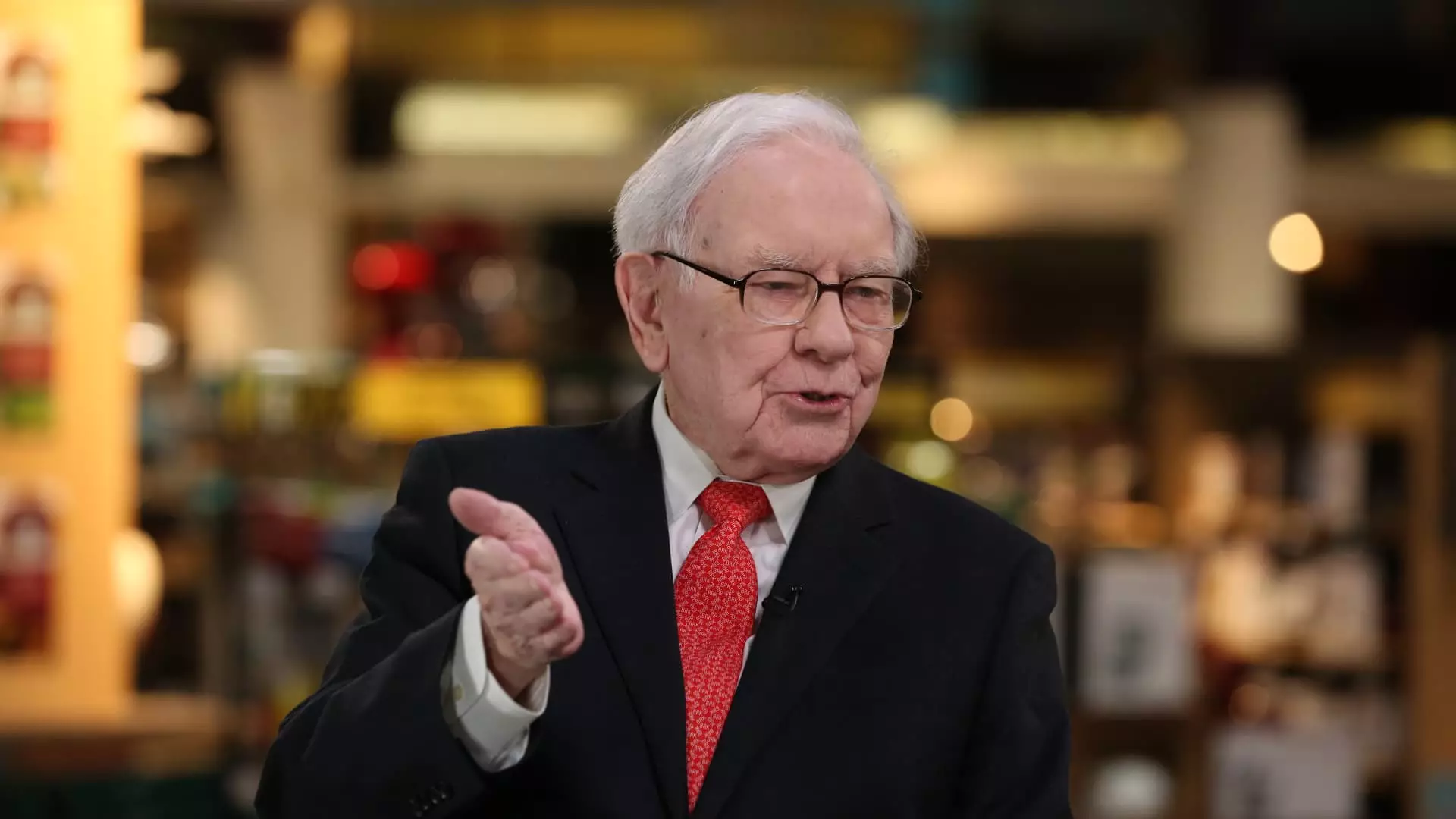As global economies become increasingly interconnected, trade policies have far-reaching ramifications. The recent rhetoric surrounding President-elect Donald Trump’s impending tariff measures has sparked considerable anxiety among investors, economists, and consumers alike. A significant voice in this discourse comes from Berkshire Hathaway’s Warren Buffett, who has consistently highlighted the issues stemming from trade conflicts. His insights illuminate the potential fallout of tight trade regulations, particularly in the context of the United States’ relationship with Mexico, Canada, and China.
The Global Impact of Tariffs
Buffett’s analysis points to the dangers inherent in President Trump’s approach to tariffs, which he argues could disrupt the delicate fabric of global trade. The “Oracle of Omaha” cautioned that escalating tariff disputes could lead to a worldwide economic downturn, suggesting that the ramifications of a trade war would ripple far beyond U.S. borders. He stated that a world economy that adheres to principles of free trade tends to uplift living standards across the globe. In contrast, a proliferation of tariffs and protectionist policies would ultimately burden consumers and escalate inflation, significantly affecting everyday life.
One of the most critical aspects of Buffett’s critique revolves around the understanding of tariffs as an implicit tax on consumers. By imposing tariffs, governments effectively alter the cost structure of goods, which can lead to increased prices as businesses adjust to the new financial realities. Buffett brought attention to this hidden tax: “It changes what people buy. It changes where things are produced.” Consumers may not immediately recognize these shifts, but they would undoubtedly feel the weight of rising prices, which could significantly alter their purchasing behavior.
Buffett emphasizes the need for leaders to adopt an educational stance when enacting policy changes. He posits that presidents should not merely announce tariff changes but should also provide clarity and reasoning for such decisions. This approach was exemplified by Franklin Roosevelt during the Great Depression, who effectively communicated the rationale behind his policies to foster public understanding and support. According to Buffett, the current administration could benefit from a similar strategy to ensure the public comprehends the broader implications of protectionist trade policies.
A Cautionary Tale from the Past
The specter of a trade war looms large as Trump prepares to implement his tariff strategies. Reflections on the punitive measures from his previous term reveal the precarious landscape of international trade. The potential for retaliatory actions from other nations creates a feedback loop of escalating tensions and unpredictability. As Buffett suggests, the path forward requires careful navigation to avoid repeating the mistakes of the past, emphasizing the importance of strategies that prioritize diplomatic engagement over aggressive economic isolationism.
The insights of Warren Buffett serve as a sobering reminder of the complexities embedded within global trade policies. The looming threats of tariffs represent more than mere negotiations; they have the potential to reshape economies and consumer experiences. As both consumers and policymakers contemplate the ramifications of such policies, a measured approach favoring open dialogue and comprehensive understanding might prove essential in steering clear of a turbulent economic future.


Leave a Reply